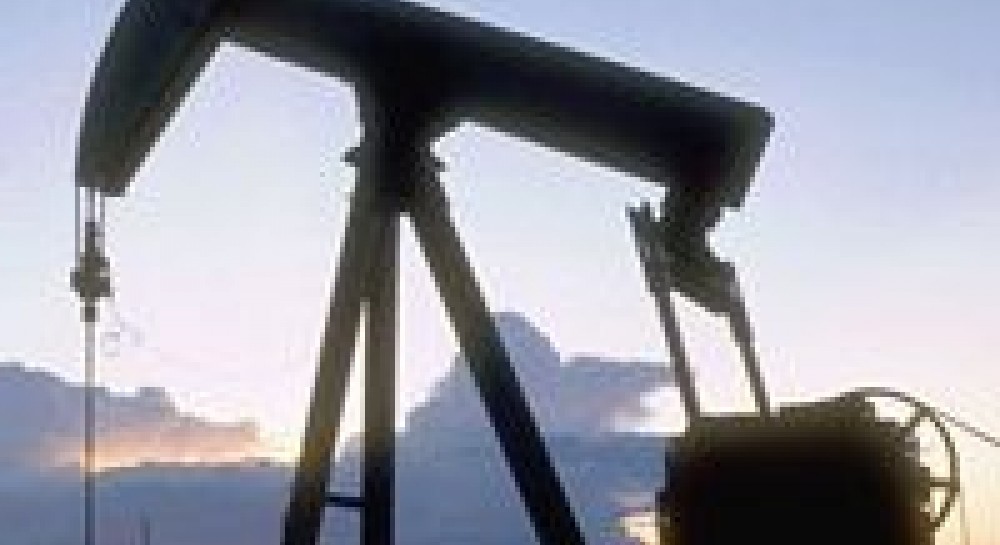
Analysts foresee `new world energy order`
A leading global energy monitor fears there may not be enough oil out there to slake the world`s thirst -- and is preparing a landmark forecast that could reverberate through the global economy even as major companies announce fuel-related cutbacks...
A leading global energy monitor fears there may not be enough oil out there to slake the world`s thirst -- and is preparing a landmark forecast that could reverberate through the global economy even as major companies announce fuel-related cutbacks.
The International Energy Agency is studying depletion rates at about 400 oil fields in a first-of-its-kind study of world oil supply, chief economist Fatih Birol said.
"We are entering a new world energy order, " Birol told The Associated Press.
Market analysts call the Paris-based IEA the world`s most reliable independent source of oil information and welcomed its decision to undertake a deep study of oil supplies.
But the IEA`s new forecasts are likely to further upset markets. Oil prices hit an all-time high Thursday above $135 a barrel before falling back.
Less oil would mean even higher prices for everything from gasoline to food. Already, airlines squeezed by jet fuel costs are bleeding profits and predicting cutbacks and industry upheaval. Ford Motor said Thursday it was cutting production of gas-guzzling sport utility vehicles and forecast more rough times ahead.
Birol said the IEA study, whose results will be released in November, was prompted by concern about the volatility of world oil markets and uncertainty about supply levels.
"The prices are very high, and demand did not respond in the last few years as much as one would have expected," Birol said. "The growth in terms of production was not great. We did not see enough investment."
The spurt in oil prices Thursday came after a report in the Wall Street Journal that the IEA was planning to lower its forecast for long-term world supply.
Birol would not speculate on whether the forecast, which will predict supplies through 2030, could go sharply downward. "We will see," he said.
The IEA`s past forecasts put oil supply at about 116 million barrels a day in 2030, up from 87 million barrels a day now.
"Although the agency`s official assessment isn`t expected until later this year, the market`s interpretation is that global supply may be significantly tighter than previously projected by the major oil market monitors," said Jim Ritterbusch, president of energy trading advisory service Ritterbusch and Associates in Galena, Illinois.
Birol said oil companies and governments have been cooperative with the IEA experts preparing the report, but added, "It is not an easy task. It is the first time this is being done in the public domain on such a scale."
Simon Wardell, oil analyst at Global Insight in London, was skeptical that the IEA would get a complete picture from "countries that are very closely guarded" such as Saudi Arabia, the No. 1 producer.
That is important because Birol said one of the key shifts coming up is that the world will become increasingly reliant on national oil companies instead of multinational ones.
"Up to now, we have seen that the international oil companies were responsible for bringing a big chunk of the oil to the markets. Now, in many cases, since existing reserves are declining, a big part of oil will need to come from national oil companies. And they have their own conditions, their own context."
Birol called for greater investment everywhere.
Wardell said the IEA report would have limited effect on investment. "It`s not like oil companies aren`t already looking around," he said.
But he said governments could take notice and "start thinking of policies that would ensure more oil."
Birol noted that, "Both on the demand side and supply side, we have new actors who change the rules of the game."
He said most demand now and in the coming decades will come from China, India and the Middle East. That is a stark shift from past decades, when the U.S. and Europe were demand-drivers.
The IEA is part of the Organization for Economic Cooperation and Development, which brings together 30 rich nations. It has no links to OPEC, and its review may challenge the Organization for Petroleum Exporting Countries` view that the world is well-supplied with oil.
Birol said the report is looking at onshore and offshore supplies -- including hard-to-reach wells in the deep sea.
He noted that Brazilian state oil company Petroleo Brasileiro SA said Thursday it has struck more oil in waters near the huge offshore Tupi field -- but remained cautious about how much "good oil" such fields would produce.
Fears about fuel prices helped send shares in Europe`s largest airline, Air France-KLM, down 9 percent Thursday after it announced a quarterly net loss and said it expects the coming year to be "challenging."
CEO Jean-Cyril Spinetta said the soaring cost of fuel means the industry is in for a "profound transformation," predicting capacity reductions, the acceleration of mergers and the exit of some players from the market.
Ford Motor said Thursday it is cutting North American production of pickups and SUVs as car buyers eyeing record gas prices turn toward more fuel-efficient models. The automaker says it no longer expects to return to profitability by 2009 and didn`t rule out layoffs and plant closures.

